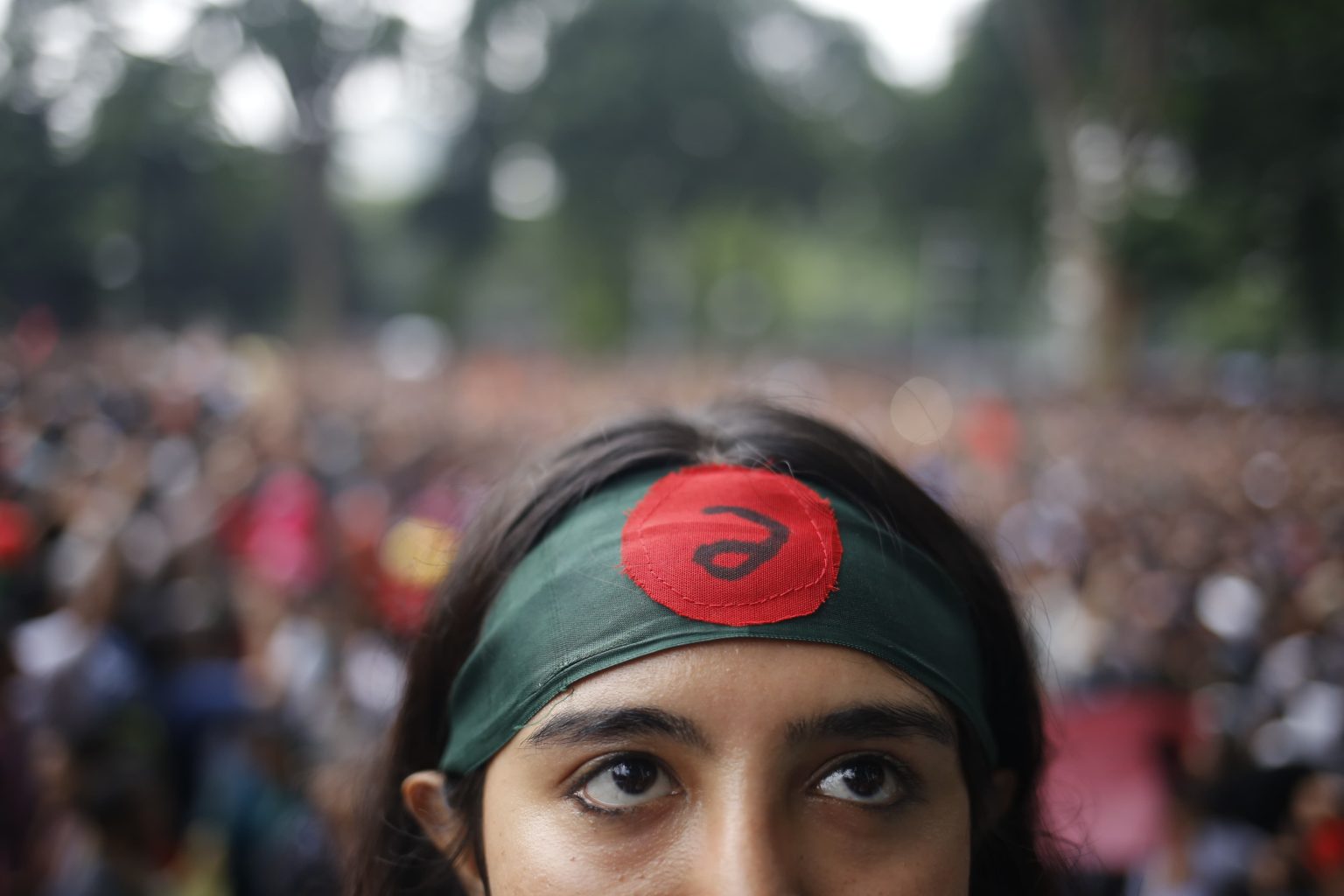According to health experts, 82.5% of those injured in the July uprising are suffering from depression, while 64% are experiencing post-traumatic stress disorder (PTSD).
This information was revealed at a seminar titled “Beyond the Headlines: Mental Health Consequences of the July Uprising and Milestone Tragedy” held on Monday at Bangladesh Medical University (BMU). The event was organised by the University Central Seminar Sub-Committee.
In a scientific presentation titled “Impact of Trauma and Violence on Child and Adolescent Population,” Prof Dr Nahid Mahjabin Morshed from BMU’s Psychiatry Department highlighted that childhood trauma and violence can deeply affect children’s mental and physical development. Early detection and prompt mental health support can prevent long-term psychological and behavioral issues.
Mental health professionals play a crucial role here as they assess children’s psychological state, provide psychological first aid, administer evidence-based therapy, coordinate medication when necessary, and establish integrated support systems involving families, teachers, and communities. A compassionate family, aware teachers, and a safe society working together can create strong protection for children’s mental well-being, the professor added.
She urged parents, teachers, and caregivers to consult mental health specialists immediately upon noticing signs of distress or behavioral changes in children, emphasising that early intervention prevents future complications. “Mental health professionals are not just doctors – they are supporters, guides, and guardians of children’s futures,” she added.
In another presentation, “Mental Health Impact of Violence and Trauma,” Associate Prof. Dr. Mohammad Shamsul Ahsan from BMU’s Psychiatry Department noted that among 217 patients admitted to BMU, NITOR, and NIU following the July uprising, 82.5% showed symptoms of depression, while 64% suffered from PTSD – with many experiencing both conditions simultaneously.
He pointed out that rural patients felt more vulnerable and anxious, fearing inadequate post-discharge medical care. “This underscores the urgent need for universal physical and mental healthcare services, both in Dhaka and beyond,” he stressed.


